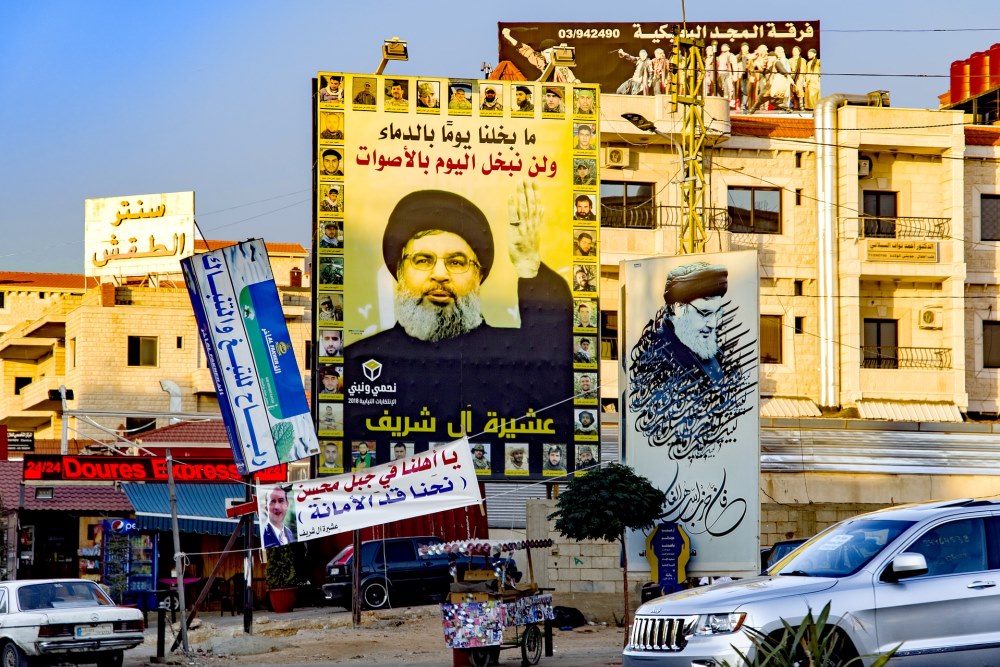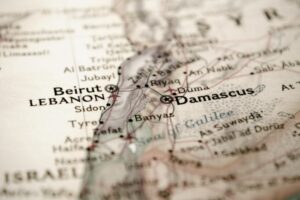
The ongoing war in Lebanon revealed that Hezbollah’s ability to analyze Israel’s actions, strategy and national psyche is deeply flawed. The conflict also shattered Hezbollah leader Nasrallah’s image as a brilliant strategic thinker.
Nasrallah, who built his reputation as a leading expert on Israel, watched his calculations unravel. Hezbollah’s misjudgments plunged the organization into the worst crisis in its history, ultimately leading to Nasrallah’s own death and a devastating blow to the group’s operational capacity.
A critical error in Hezbollah’s calculations was its confidence in Beirut’s immunity from IDF strikes. Hezbollah operated under the assumption that Israel would avoid targeting Beirut to prevent retaliatory strikes on Tel Aviv.
However, Israel shifted its tactics after gradually eroding Hezbollah’s military power, launching numerous airstrikes in Beirut. This revealed the group’s complete inability to protect its leadership and strategic assets.
In fact, Hezbollah never made any effective plans to counter IDF operations, instead counting on a fictional deterrence equation. [here’s a detailed report on the collapse of Hezbollah’s deterrence equations]
Another key error was Hezbollah’s belief that Israel would not invade southern Lebanon. When IDF forces finally crossed the border, they dismantled Hezbollah’s front-line strongholds with relative ease, facing little resistance as they advanced.
Hezbollah threat declines
Israel’s quick action underscored how badly Hezbollah underestimated IDF capabilities and Israel’s resolve. Just like in Beirut, the group’s strategic compounds near the border were left defenseless due to poor planning and a failure to read the strategic picture. [here’s a report on how Hezbollah’s military buildup backfired]
Most recently, Hezbollah seems to misread signals that Israel seeks to end the current conflict and finalize a ceasefire. Instead, Hezbollah concluded that the IDF plans to extend its campaign in Lebanon by long months and ultimately reach Beirut, says Arab affairs commentator Jacky Hugi.
At this time, Hezbollah’s surviving leadership prefers to continue the fight rather than accept what it views as an unfavorable truce, Hugi wrote. This could be yet another mistake, as Hezbollah’s determination to resist may lock it into an ongoing war, further eroding what remains of its strategic assets and strength.
Overall, Israeli operations inflicted severe damage on Hezbollah, leaving it significantly weakened. National security expert Eitan Shamir says Israel is well on its way to attaining its ultimate objective on the northern front: Ensuring that Hezbollah no longer poses a strategic threat.
While future preemptive strikes may be needed to prevent Hezbollah’s resurgence, Israel’s campaign has already secured an important outcome, Shamir wrote: The ability to operate in Lebanon without the paralyzing deterrence that Hezbollah once imposed.
In the wake of Hezbollah’s repeated errors of judgement, Israel is poised to enjoy years of relative quiet on its northern front. For Hezbollah, however, the toll has been steep, with each bad decision compounding its losses and casting doubt on its future as a powerful proxy force in Lebanon. [Read more: What will the new Hezbollah look like?]


